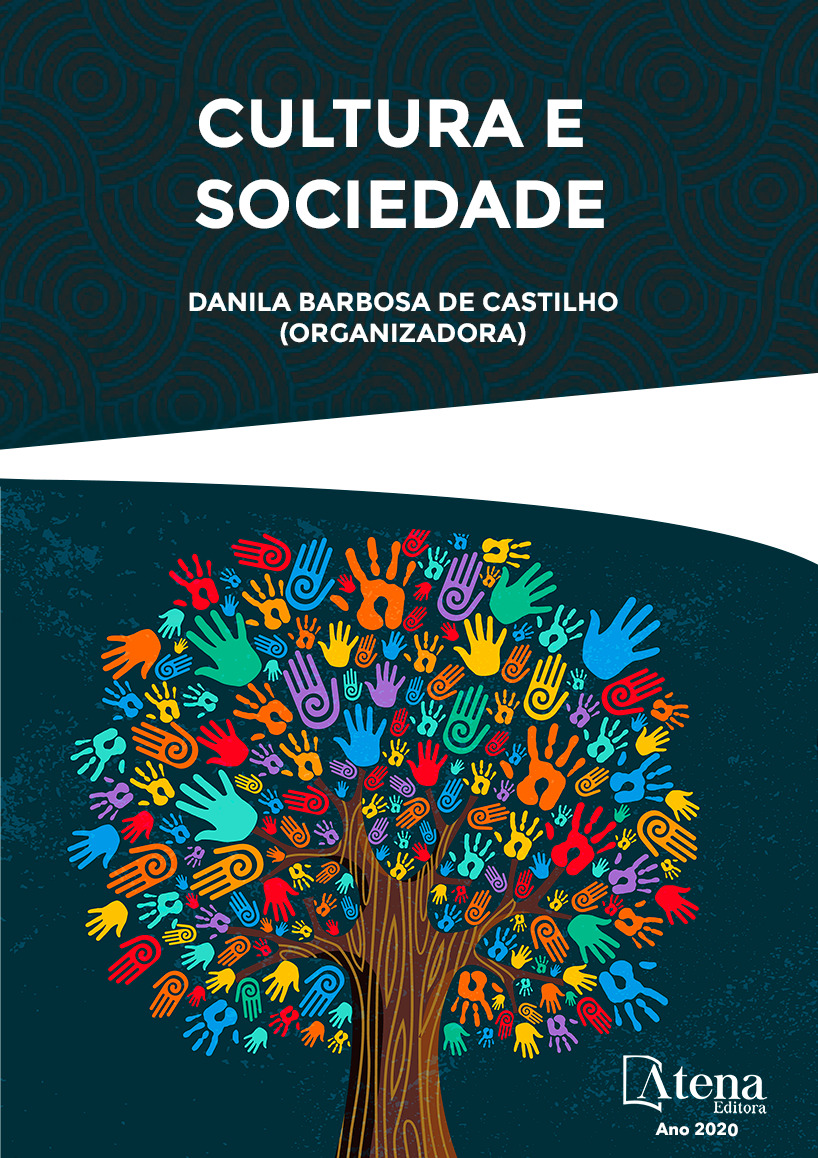
REFLEXÕES SOBRE O MACHISMO NA ETNOGRAFIA DOMÉSTICA DE KARIM AÏNOUZ: O “PATRIARCADO SEM HOMENS” EM SEAMS
Em sua estreia como diretor, Karim
Aïnouz realizou o curta-metragem Seams
(1993), que se insere no escopo da produção
documental intitulada por Michael Renov (2014)
como etnografia doméstica. A partir deste filme,
no presente artigo, propomos-nos a analisar
os elementos de documentação adotados pelo
diretor na produção e montagem de sua obra,
a saber, entrevistas realizadas com membros
de sua família, o uso de imagens de arquivo
e a reconstituição ficcional da história de uma
personagem relatada pelas entrevistadas, e
o modo como, a partir destes e da adoção do
machismo como valor biográfico ordenador de
sua narrativa, este realizador iniciante registra
e reflete sobre as consequências do machismo
do Nordeste brasileiro, especialmente na vida
das mulheres por ele retratadas, e, em última
instância, em sua própria vida.
REFLEXÕES SOBRE O MACHISMO NA ETNOGRAFIA DOMÉSTICA DE KARIM AÏNOUZ: O “PATRIARCADO SEM HOMENS” EM SEAMS
-
DOI: 10.22533/at.ed.94320120210
-
Palavras-chave: Machismo, etnografia doméstica, Karim Aïnouz, Seams.
-
Keywords: Machismo, domestic ethnography, Karim Aïnouz, Seams.
-
Abstract:
In his directorial debut, Karim
Aïnouz directed the short film Seams (1993),
which falls within the scope of documentary
production titled by Michael Renov (2014) as
domestic ethnography. From this film, in this
article, we propose to analyze the documentation
elements adopted by the director in the production
and editing of his work, namely interviews with
members of his family, the use of archive images
and the fictional reconstitution of the story of a
character reported by the interviewees, and the
way, from these elements and the adoption of
machismo as the ordering biographical value of
his narrative, this novice director records and
reflects on the consequences of machismo in
the Northeast of Brazil, especially in the lives of
the women portrayed by him, and ultimately in
his own life.
-
Número de páginas: 16
- EVERALDO ASEVEDO MATTOS


